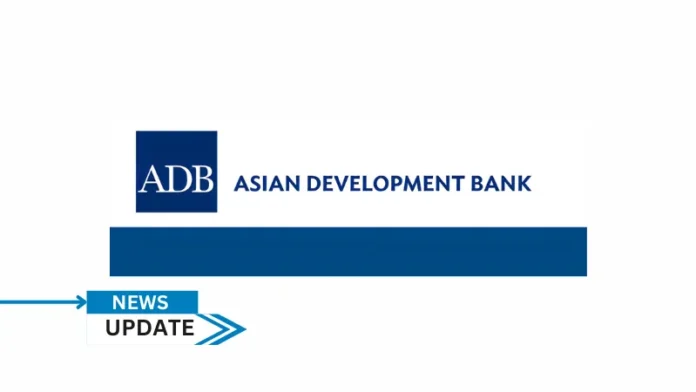
The Asian Development Bank (ADB) has officially closed the nomination period for its next president. Voting by the ADB’s Board of Governors will begin on October 28, 2024.
Read also – UAE-based invygo Raises $8 Mn Series A Extension Funding
ADB presidents are nominated among its regional members and elected by the Board of Governors. Nominations for this election were accepted from 24 September to 23 October 2024. Mr. Masato Kanda, currently Special Advisor to Japan’s Prime Minister and Minister of Finance, is the sole candidate for the position.
Read also – ConnectingDNA Secures US$550k Funding in Pre-Seed Round
ADB has played a vital role in the development of the Asia and Pacific region, not only helping it become the engine room of global growth today but also ensuring the region is resilient and inclusive. The many crises and challenges currently confronting us, from climate change to digitalization and gender equality, require continually striving for ADB to remain the most trusted partner for all members.
Challenges and opportunities
- Climate change – The DMCs, in particular Small Island Developing States (SIDS) in the Pacific, are prone to natural disasters stemming from climate change, such as typhoons, cyclones, and rising sea levels.
- Infrastructure gap – Infrastructure lays a fundamental basis to eradicate poverty, boost potential growth, and enhance regional connectivity. The region still faces a glaring gap in infrastructure.
- Poverty – The number of people who are below the poverty line rose significantly after the COVID-19 crisis, setting back the fight against poverty in Asia and the Pacific by at least two years. Income poverty is often associated with poor health and a lack of education, hampering human capital development and restraining growth.
- Inequality – Economic growth in the region has come with widening inequality, in particular after the COVID-19 crisis. Inequality could damage social stability and cohesion and undermine economic dynamism.
- Diversity – Asia and the Pacific boast a wide variety of cultures and ethnicities. This has required, and will continue to require, ADB to tailor its supporting tools to country-specific circumstances, with due regard to size, income distribution, population dynamics, and social norms of each DMC.
- Gender – ADB needs to further pursue gender equality in line with its vision. Our journey is yet to be completed: according to the United Nations, the participation of women in the labor force in Asia and the Pacific is below the global average, as is the promotion of women in leadership positions.
- Private capital mobilization – One of the ADB’s New Operating Model (NOM)’s priorities is a shift toward the private sector. Yet, the amount of private capital mobilization has been significantly below the aspiration of various development agendas, including the Paris Agreement.
- Domestic resource mobilization – In many DMCs, tax revenues are still short of supporting their sustainable development.
- Digitalization – Digital technologies can be an enabler that brings transformational impacts, allowing DMCs to leapfrog the development process that advanced economies took much longer to go through. At the same time, rapid progress in digitalization comes with costs and risks, including a digital divide and cyber threats.
The socio-economic environment surrounding Asia and the Pacific has drastically changed since the ADB’s inception: now, the region is suffering from chronic natural disasters more often, with severe magnitude; inequality is widening despite increased national income per capita; and uncertainty is looming in the global economy and financial markets. Worse, all these complex problems are interconnected. ADB is the only organization in the region that helps tackle these challenges, with its unparalleled financial firepower, highly motivated and dedicated staff, and regional convening power.
Governors will be invited to vote on Mr. Kanda’s candidacy by 27 November 2024. The outcome will be announced on November 28, 2024.
ADB is committed to achieving a prosperous, inclusive, resilient, and sustainable Asia and the Pacific while sustaining its efforts to eradicate extreme poverty. Established in 1966, it is owned by 69 members, 49 of whom are from the region.
About ADB
The Asian Development Bank (ADB) is committed to achieving a prosperous, inclusive, resilient, and sustainable Asia and the Pacific while sustaining its efforts to eradicate extreme poverty. It assists its members and partners by providing loans, technical assistance, grants, and equity investments to promote social and economic development.





